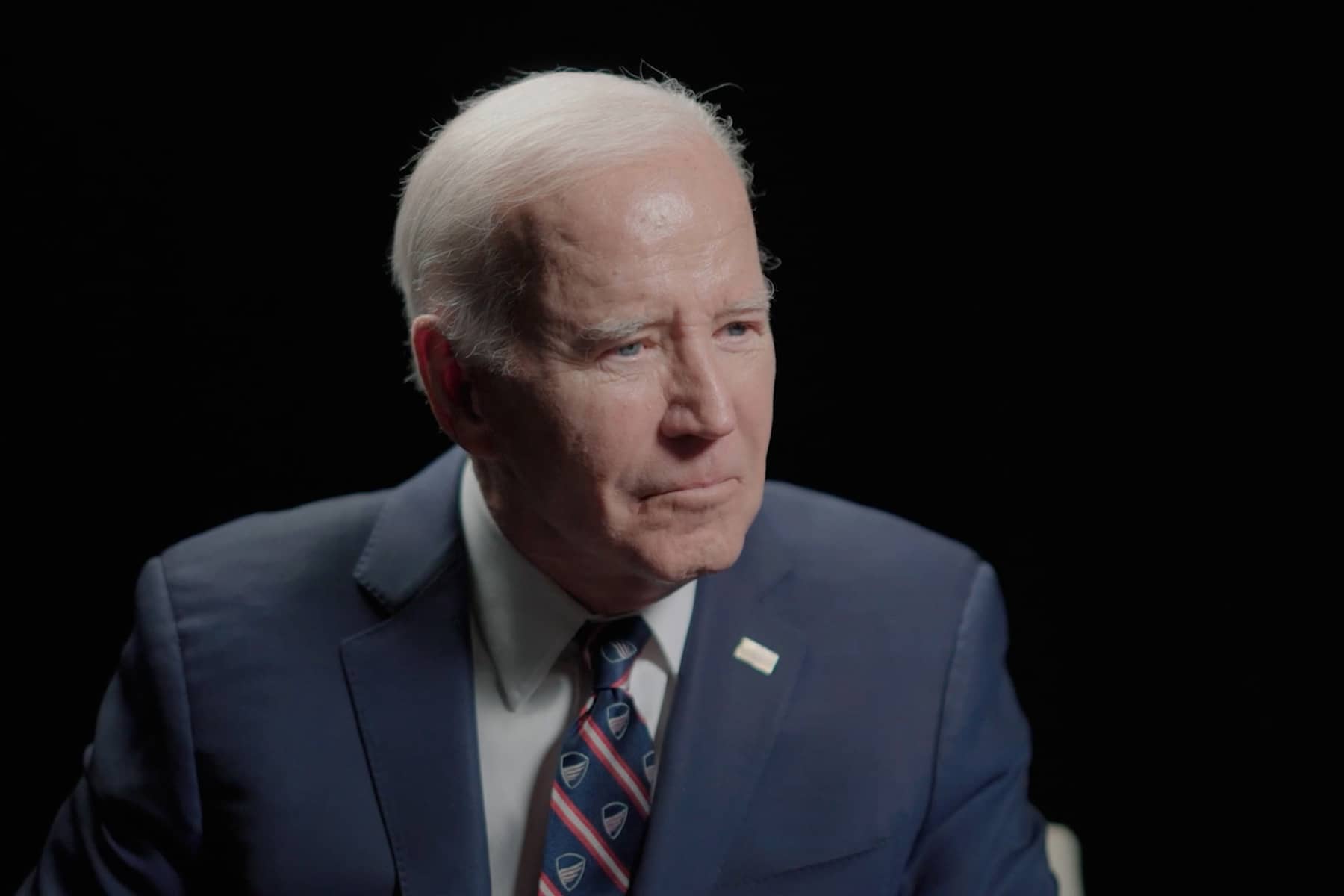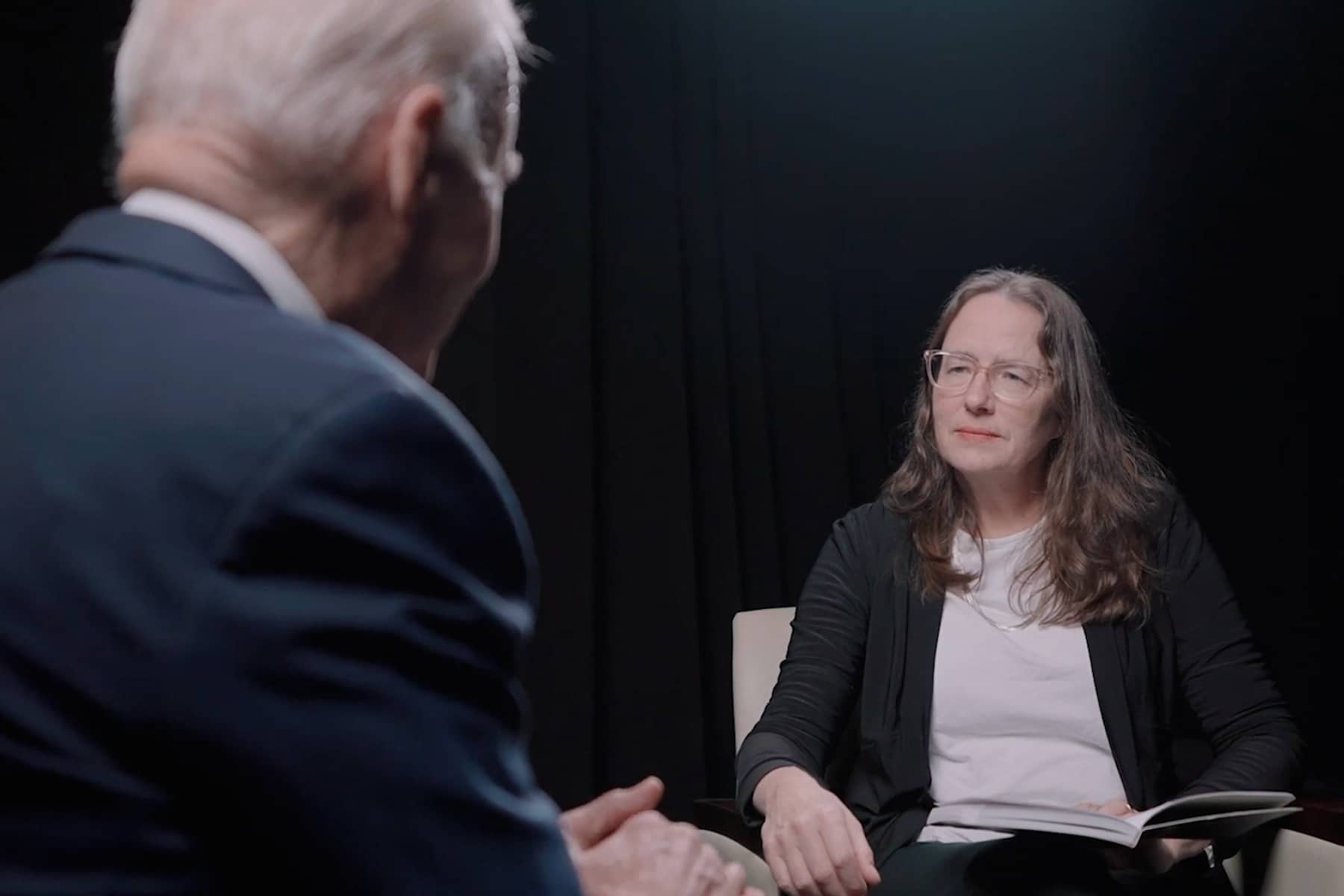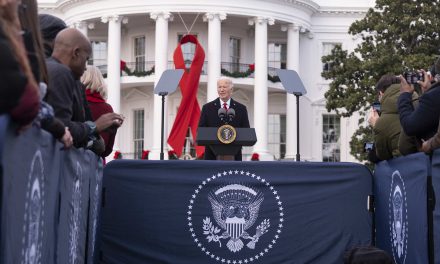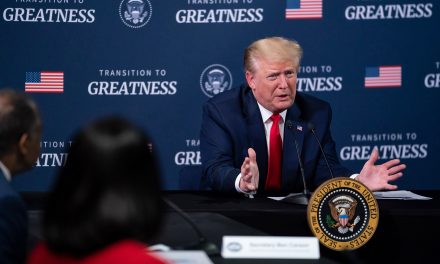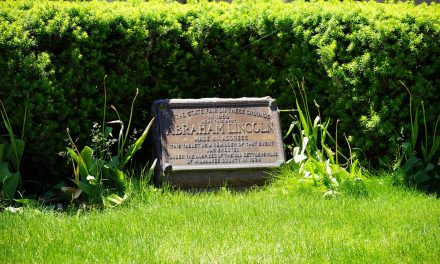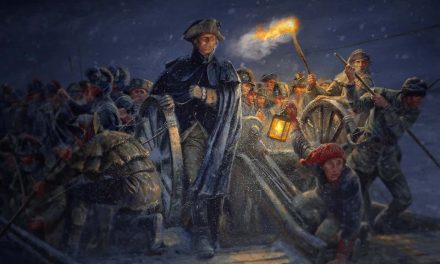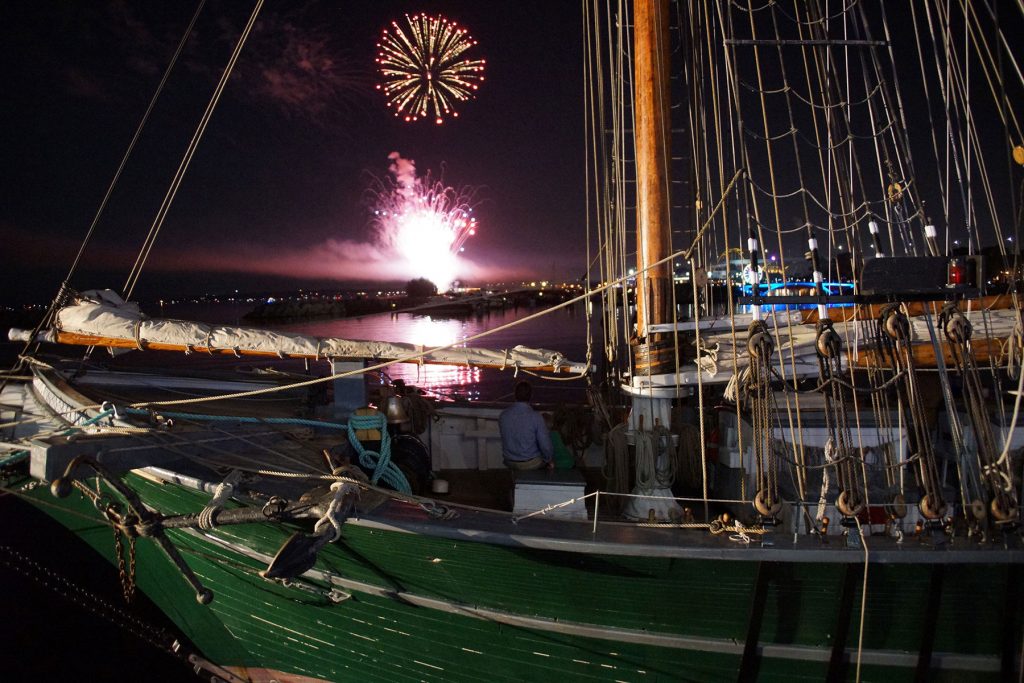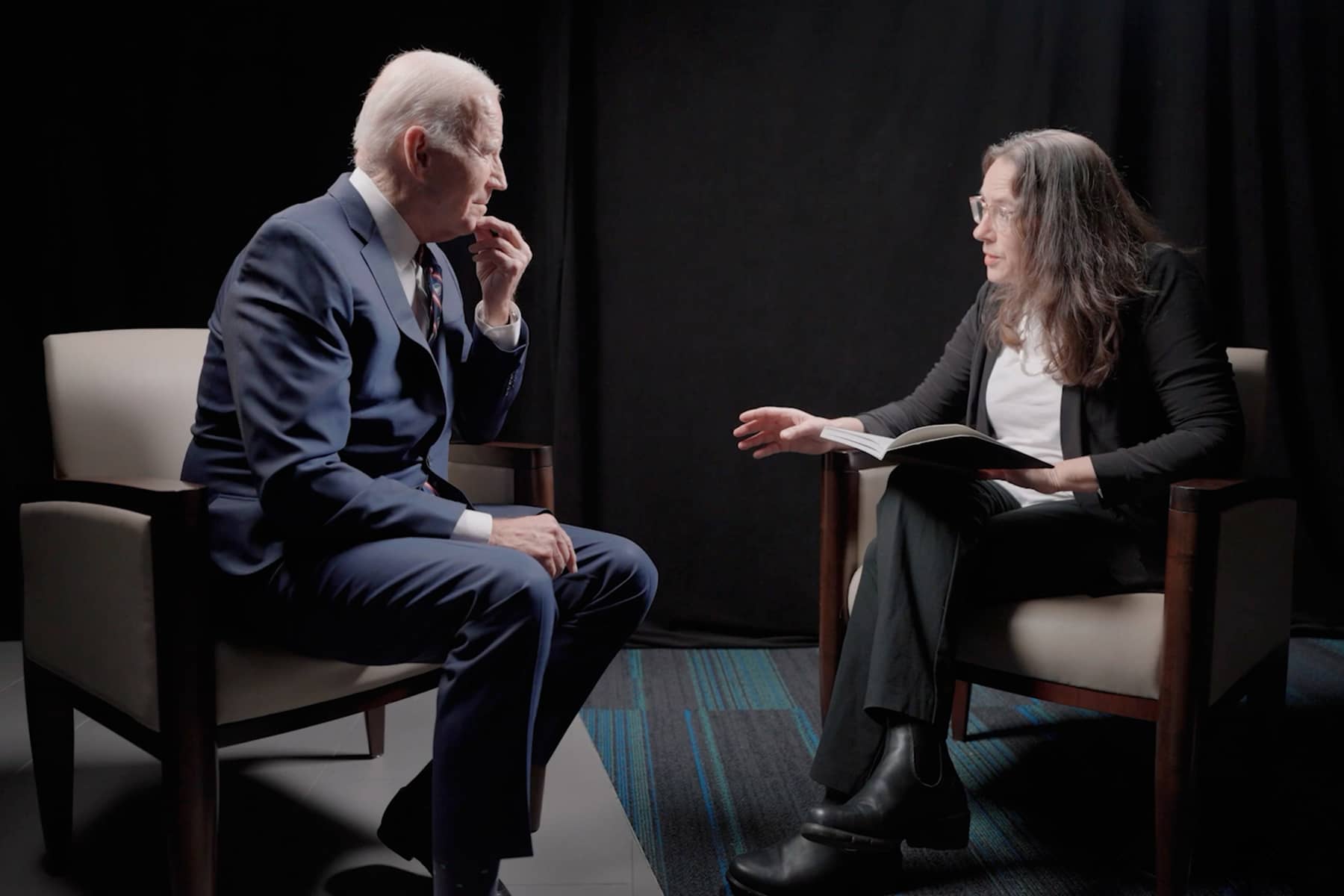
President Joe Biden and first lady Jill Biden visited Valley Forge, Pennsylvania, ahead of his speech marking the third anniversary of the January 6, 2021, attack on the U.S. Capitol. Historian and professor Heather Cox Richardson sat down with the President on January 5 to ask a few questions.
What I wanted to hear from him illustrates the difference between journalists and historians.
Journalists are trained to find breaking stories and to explain them clearly so that their audience is better informed about what is happening in the world. What they do is vitally important to a democracy, and it is hard work.
One of the reasons I always try to call out the names of journalists whose articles I am describing is to highlight that there are real people working hard to dig out the stories we all need to know and that we are all part of a community trying together to figure out what’s happening in this country.
Historians do something different than journalists. We study how and why societies change. We are trained to see larger patterns in the facts we find in documents, speeches, letters, and photographs … and in the work of journalists.
Some historians believe that mass movements change society, and so they focus on such movements; others believe that great figures change society, and they focus on biographies. Still others focus on economic change. And so on.
In my case, I am fascinated by the way ideas change society, and I am especially interested in the gap between what people believe and what is actually happening in the real world. That interest means that I always want to know how people think and especially how their worldview informs the way they act.
Then I compare that worldview to the real-world policies they are putting into place. I sometimes think of what I study as the place where the rubber of ideas meets the road of the real world.
I have twice now been able to interview President Biden. And let me tell you, it is an odd experience to have your historical subject be able to talk back to you. The opportunity to ask a historical figure how he thinks, after I have spent years studying his policies, is mind-blowing.
To that end, I wanted to know why he chose to go to Valley Forge, where General George Washington quartered his Continental Army troops for six months in the hard winter of 1777–1788, to start his 2024 presidential campaign.
Valley Forge looms huge in American mythology, but most people probably cannot say why. So what did it mean to him to launch his 2024 presidential campaign from there?
I also was deeply interested in what he means when he says he has great faith in the American people—something he says all the time but usually without much context. So what exactly is it about the American people that gives him such faith?
The answers are important, I think, and I found at least one of them surprising.
As I said, it is an odd thing to have a historical subject who can talk back to you, but in all the right ways: it forces you to adjust your understanding of our historical moment.
That sort of information will make the historical record clearer and, when today’s society has itself become history, will help historians in the future better understand how and why it changed.
Heather Cox Richardson (via Youtube)
Letters from an Аmerican is a daily email newsletter written by Heather Cox Richardson, about the history behind today’s politics

